“If nagging ourselves to make more work, be more confident, be more disciplined and never feel envy, anger, defeat or resentment, we’d all be living a life of productive ease, comfort and recognition (maybe even adoration).”
~ Sally Underwood - The Undoing Founder and Enthusiast~



Quote from youtube or my reviews about sedona



“I tried in vain to morph into a more satisfactory version of myself. It was expensive, soul-crushing – and extraordinarily dull. Now I’m completely f**ked but at least I’m still me.“
~ Sally Underwood -
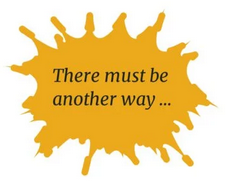
What's at Stake?
The good news: Your personality isn’t going to change (much) so let’s learn to enjoy it as it is and stop wasting time and effort trying to be someone else, or what you think you should be. You are who you are.
That’s it.
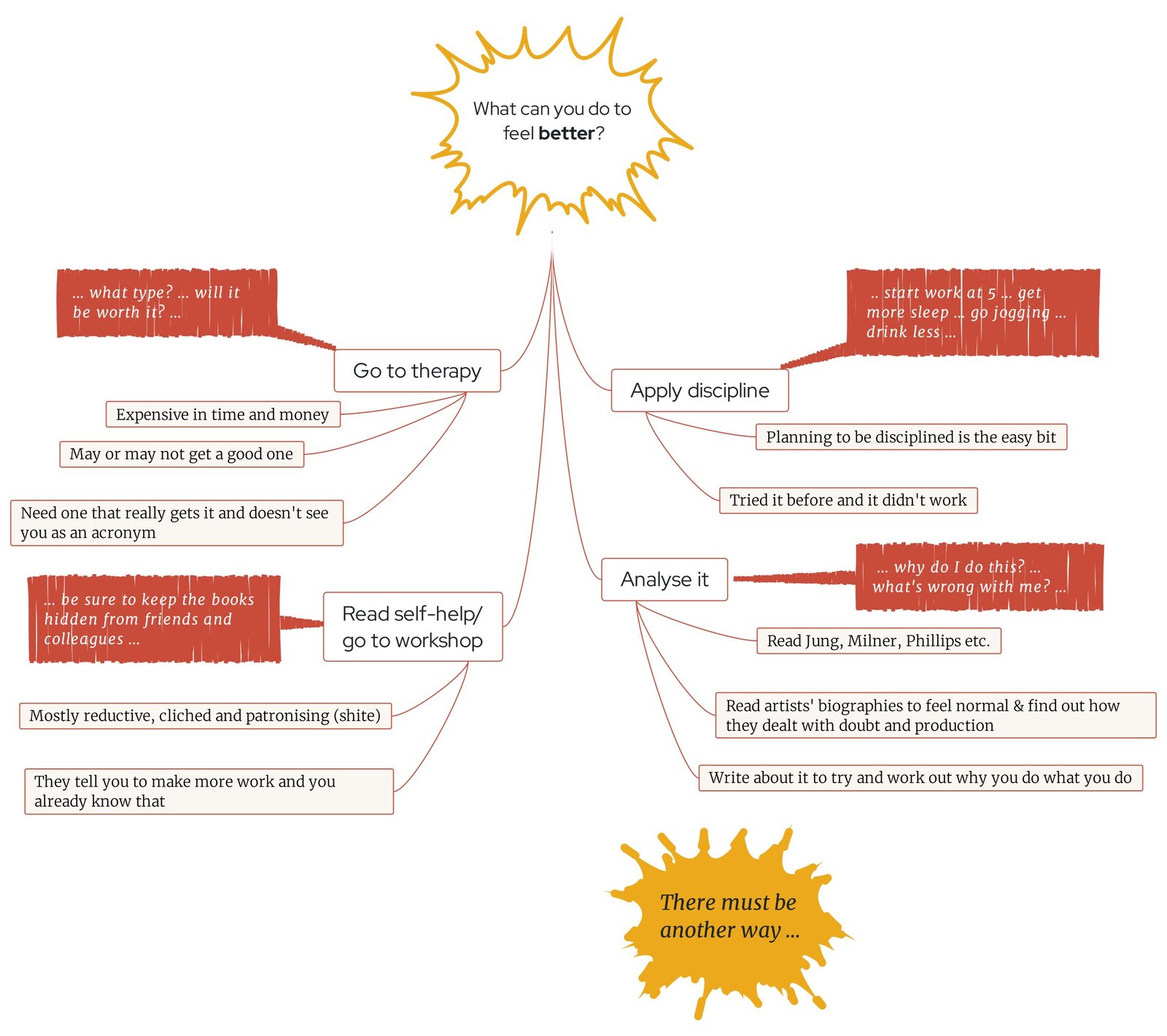
There’s no fantasy life waiting for you in some imagined future. This is more good news.
No version of you that could’ve flourished if only you didn’t have a few letters after your name (ADHD, OCD, AuDHD…) or didn’t grow up where you did in the family that created you.
I’ve tried in vain to morph into a more satisfactory version of myself. It was expensive, soul-crushing – and dull. Don’t even get me started on how I feel about the coaches and self-annointed gurus I met along the way.
Most of us see this and have a hunch that the relentless imperative to improve ourselves and take responsibility leaves us feeling depleted at best and riven with self-hatred at worst.
But how do we actually live from “this is it” and enjoy the extraordinary freedom that follows this realisation?
* This is the UNDOING Process
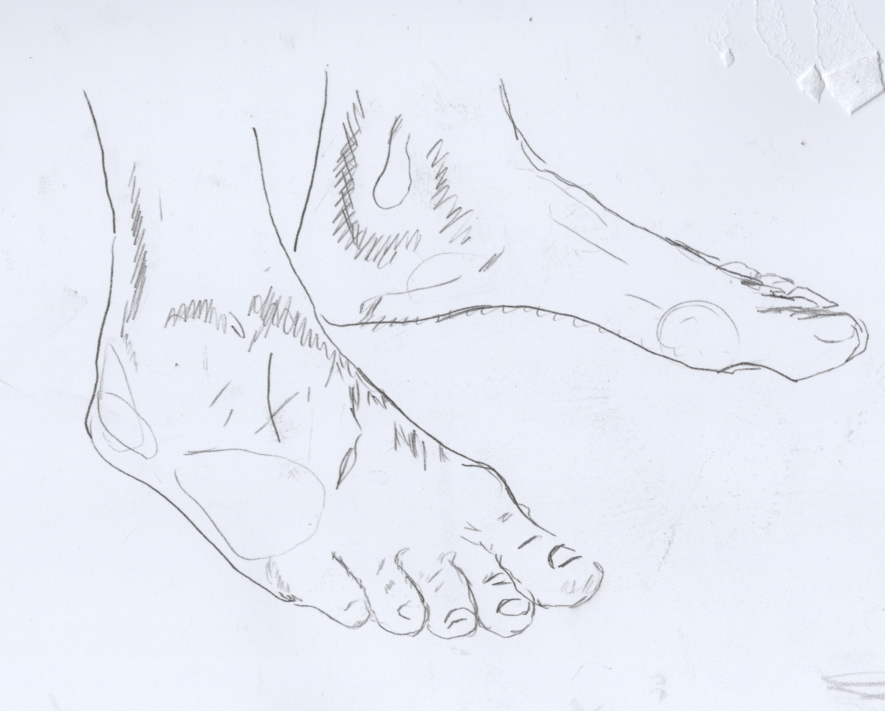
Restorative
Restorative processes and perspectives that uncover our innate desire to grow and move beyond ourselves.
Everything you’ll find here is based on well-established techniques, adapted to work with creative minds.
A Different Way of Thinking and Perceiving
Restorative processes and perspectives that uncover our innate desire to grow and move beyond ourselves.
Everything you’ll find here is based on well-established techniques, adapted to work with creative minds.
Why it works
It’s up to you how you want to engage with this content and ideas. You can remain totall private or be as active in the community as you wish.
Sample how to let go of ... videos
Even the most painful emotions and destructive states can be Undone
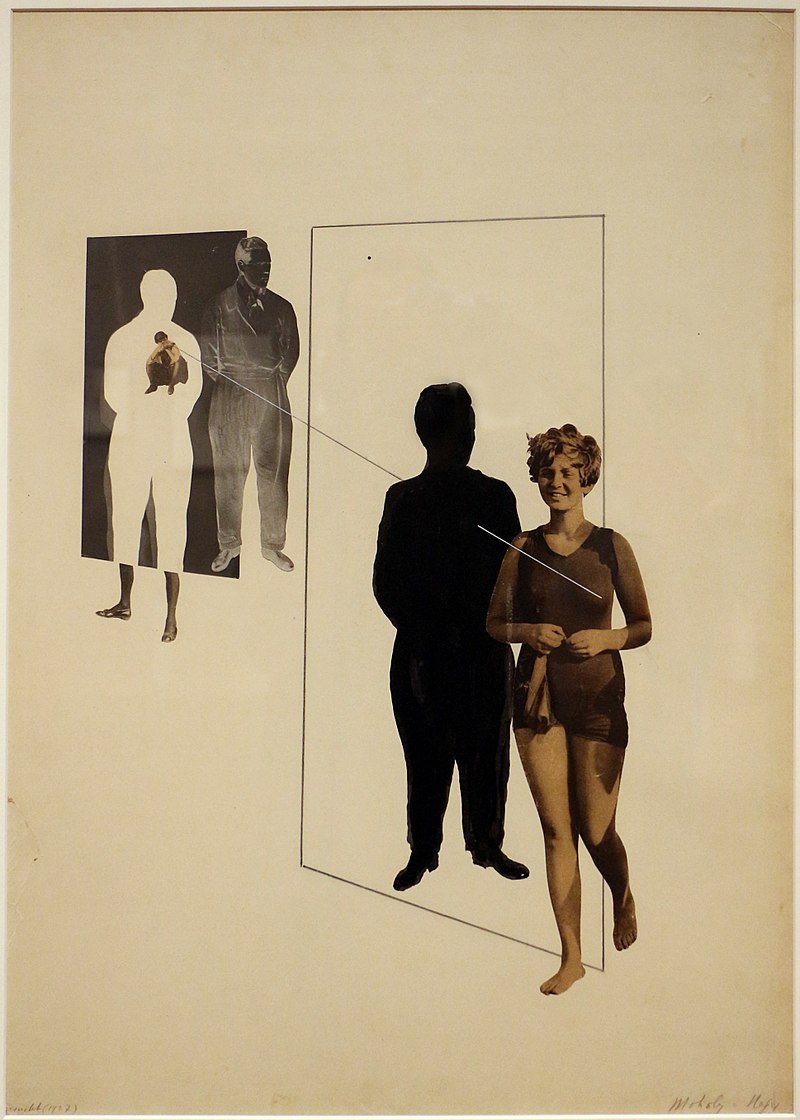
Just give it a try to discover how quickly you can feel better
You can enjoy these processes while walking, sitting or lying down. Just give it a go – the worst thing that can happen is you waste 10 minutes, and the best thing that can happen is, well, infinite.
The Undoing Process
Lasting between 5 and 25 minutes, our on-demand processes bring instant relief from uncomfortable emotions
Alternative Perspectives
If you’re bored with concepts like procrastination or self-sabotage, you’re in the right place, as we offer unusual ways of thinking about why we do what we do.
Live Groups
Regular support calls give you the opportunity to ask questions or be facilitated on whatever is troubling you.
Join Now
Download an MP3 and discover the magical power of welcoming* to end the battle with your emotions, thought patterns and inner world. * AKA or allowing, acknowledging, and saying "no"
As the world goes crazy, becoming more unstable by the day, let’s at least call a truce on ourselves, and at least minimise unnecessary suffering.
On-demand Undoing Process
Why this work works (theory)
All is welcome here
Learn it and use it anywhere
Latest Upload Video + add instagram feed
The Undoing: How To Let Go of Resentment
Lorem ipsum dolor sit amet, consectetur adipiscing elit. Nam sit amet lacinia lectus. Pellentesque vel ex purus. Pellentesque suscipit fringilla lobortis.
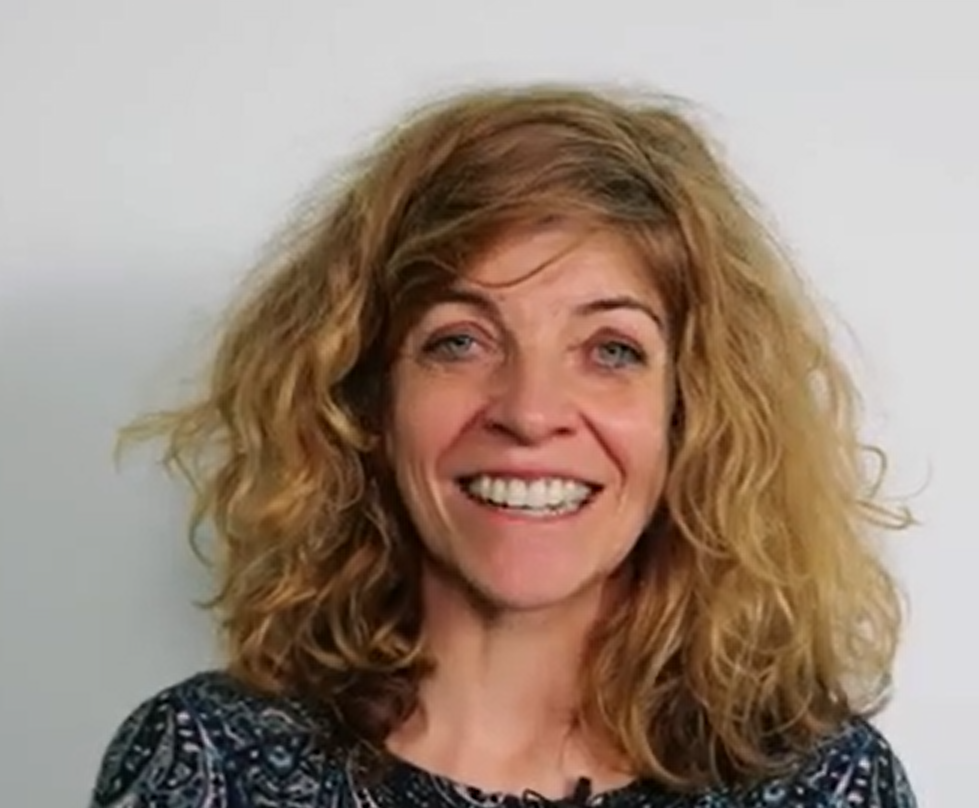
The Undoing
Lots of Subscribers
Benefit from an Established, Tried and Tested Approach
The Sedona Method, on which this work is based, has been around for decades. It’s been enjoyed by many thousands of people all over the world who continue to apply it to their daily lives for greater ease and freedom.
Reviews






A Unique Combination of Skills & Experience
Artist, coach, massage therapist (Thai), technical author, content writer and day trader (terrible, disastrous mistake). These are all the careers I have listed on my CV, they may seem varied, but there's one investigation that ties them all together and that is the questions, who are we, what is our essence and how mutable are we? Is change ever possible?
Join Now
Some Quotes From My Subscribers
Lorem ipsum dolor sit amet, consectetur adipiscing elit. Ut elit tellus, luctus nec ullamcorper mattis, pulvinar dapibus leo.
“Lorem ipsum dolor sit amet, consectetur adip iscing elit. sed do eius mod tempor incididunt labore magna iscing.”
Thomas Butler
“Lorem ipsum dolor sit amet, consectetur adip iscing elit. sed do eius mod tempor incididunt labore magna iscing.”
Camilla Davidson
“Lorem ipsum dolor sit amet, consectetur adip iscing elit. sed do eius mod tempor incididunt labore magna iscing.”
Kayla Wheatly
“Lorem ipsum dolor sit amet, consectetur adip iscing elit. sed do eius mod tempor incididunt labore magna iscing.”
Clive Weaver
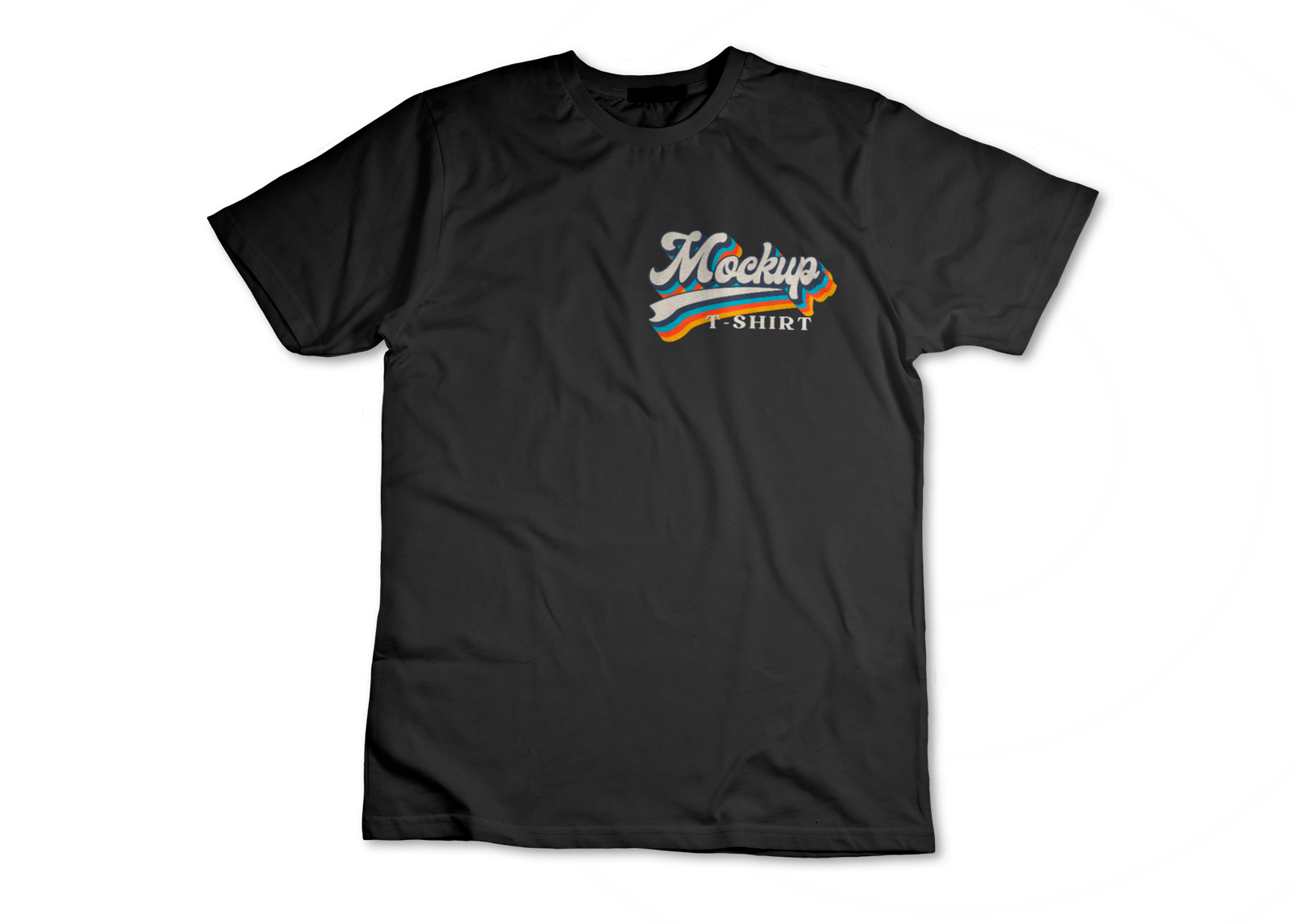
Merchandise
Lorem ipsum dolor sit amet, consectetur adipiscing elit. Ut elit tellus, luctus nec ullamcorper mattis, pulvinar dapibus leo.






